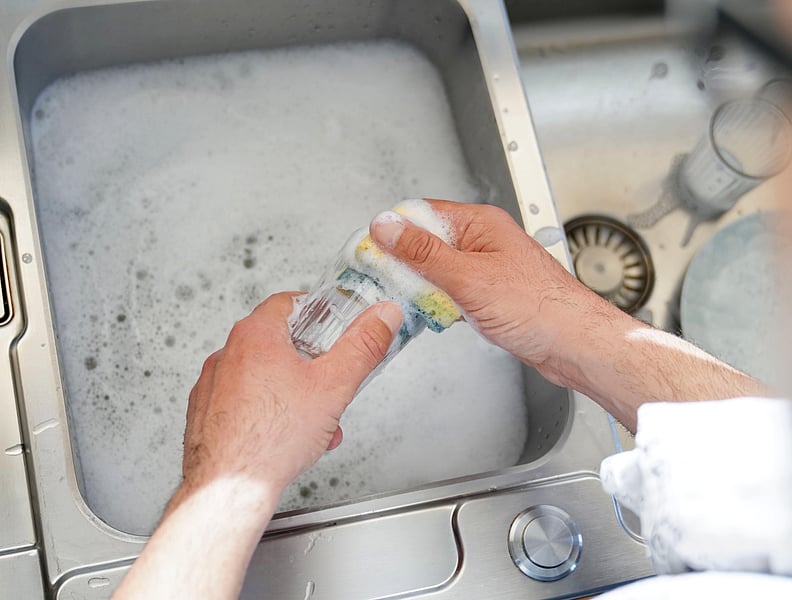Manténgase sano!

- Posted February 22, 2022
Even Washing Dishes Helps an Older Woman's Heart
You don't need to run marathons or sweat it out on your indoor bike to boost your heart health.
This is the main message of a new study that found everyday household activities including dishwashing, gardening and cooking also count when it comes to helping older women reduce their risk for heart disease.
Women who got at least four hours of such daily life movement had a 43% lower risk of heart disease, a 30% lower risk of stroke, and a 62% lower risk of dying from heart disease compared to women who clocked fewer than two hours each day.
"The paradigm-shifting aspect is that we don't typically call a lot of these activities strenuous exercise, but your heart doesn't care what we call them, it knows when your body is moving and responds," said study co-author Andrea LaCroix. She is a professor and chief of epidemiology at the University of California, San Diego (UCSD) School of Public Health and Human Longevity Science.
Just like walking and other forms of exercise, daily life movement improves blood pressure, blood sugar and cholesterol, and it helps maintain a normal weight, all of which will boost heart health, added study author Steve Nguyen, a postdoctoral scholar at UCSD.
For the study, more than 5,400 women wore a device for up to a week to track how much time they spent sitting, sitting in a vehicle, standing still, engaging in daily life movements, walking or running. (Daily life movement was defined as getting dressed, preparing meals or gardening.) Computer algorithms helped researchers classify this data.
The women ranged in age from 63 to 97 and did not have heart disease when the study began. After about 6.5 years of follow-up, 616 were diagnosed with cardiovascular disease (268 had coronary heart disease, 253 had a stroke and 331 women died of heart or artery disease).
Women who spent more time standing and moving were less likely to develop heart disease and/or die from it, the findings showed.
And the more you do, the greater the benefits, the study authors found.
On average, women in the study clocked about 3.2 hours of daily movement and 9.6 hours of sitting time a day, so there is definitely room for improvement, LaCroix said.
From the second your feet hit the floor in the morning until you get back into bed at night, everything counts.
"Think about all the things you like doing that involve movement and do more of them," Nguyen said.
Gardening or housework isn't necessarily a replacement for more vigorous forms of exercise, however. "My aunt doesn't like to walk but likes gardening, so it could be a replacement for her, but my mom loves to walk and garden, so gardening is extra movement for her," he explained.
The findings were published online Feb. 22 in the Journal of the American Heart Association.
"Every time you are not sitting, you are doing something, and all movement counts," said Dr. Laura DeFina, president and chief executive officer of The Cooper Institute in Dallas, who reviewed the findings.
"Housework, gardening and other activities of daily living aren't direct replacements for strenuous exercise, but they certainly add up and count," DeFina said.
The number one most important thing is not to be sedentary, she said.
More information
This American Heart Association infographic breaks down how much physical activity you should be getting.
SOURCES: Steve Nguyen, PhD, MPH, postdoctoral scholar, School of Public Health and Human Longevity Science, University of California, San Diego; Andrea LaCroix, PhD, MPH, professor and chief of epidemiology, School of Public Health and Human Longevity Science, University of California, San Diego; Laura DeFina, MD, president and chief executive officer, The Cooper Institute, Dallas; Journal of the American Heart Association, Feb. 22, 2022, online
